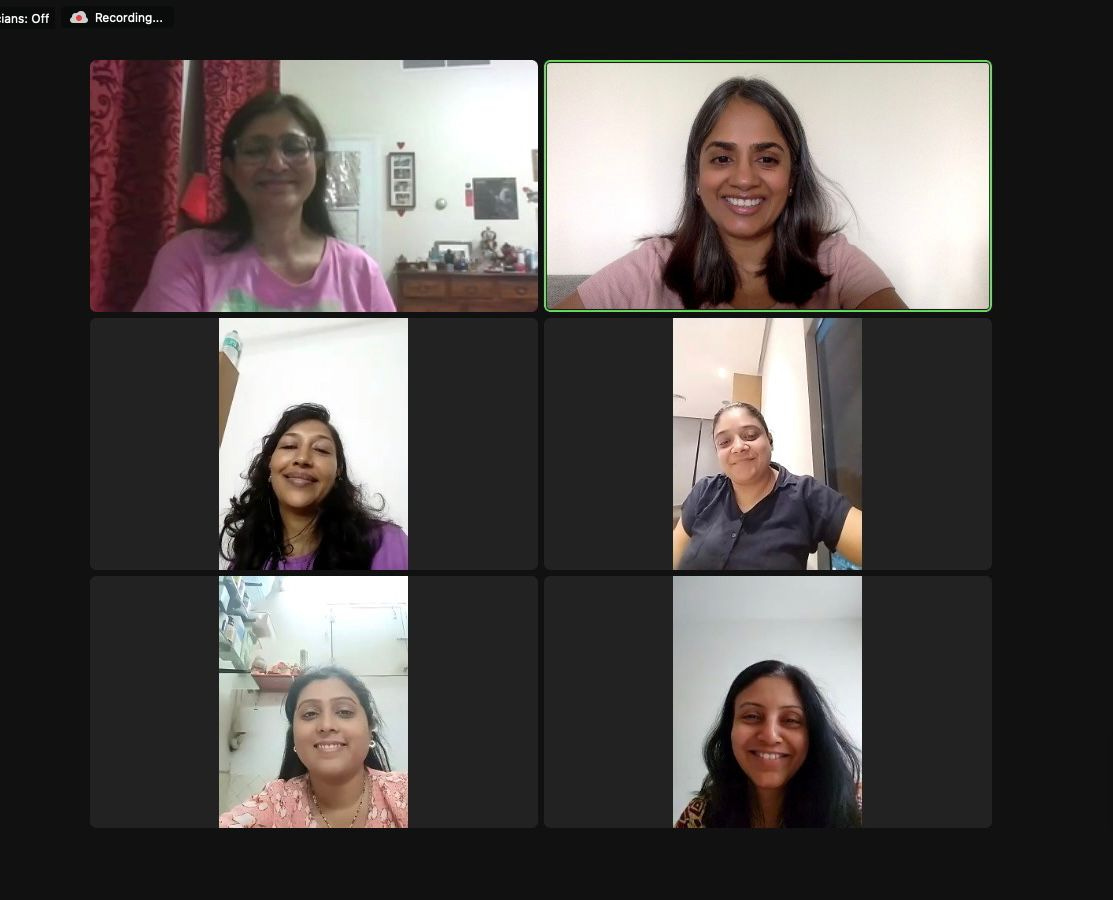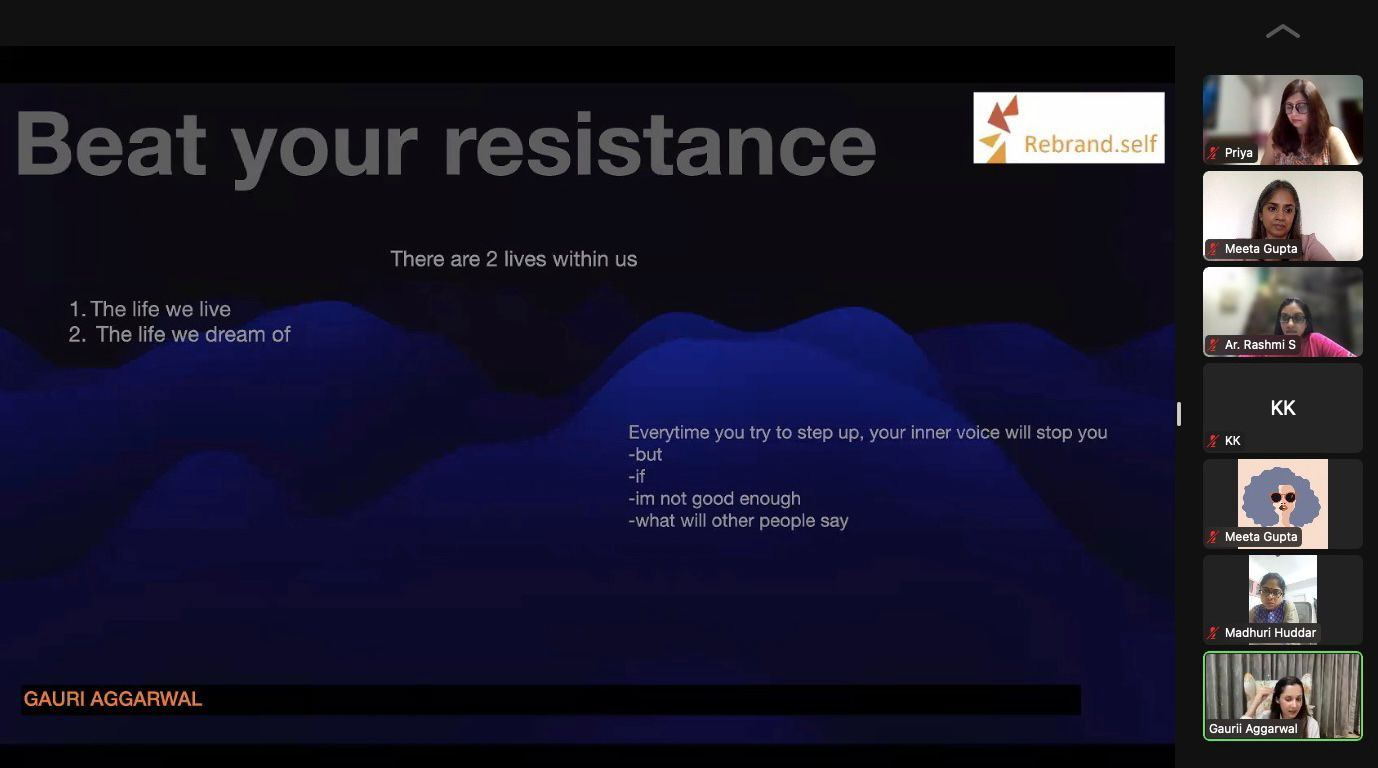Should you own a credit card?
Pros, Cons, and Factors to consider
Investing isn't a gender-specific skill; women have the power to be exceptional investors with the right knowledge and mindset.
- Sallie Krawcheck
W: Welcome Story
Meet Anna, a middle-aged woman who started using a credit card six months ago. With caution, she made small purchases (like groceries and everyday things) and paid her bills on time, accumulating her credit score.
As time passed, she experienced the benefits firsthand.
Four months in, her credit card brought convenience and rewards.
Grocery shopping earned her cashback, and her card’s travel benefits not only helped her plan a family getaway within her budget but also provided travel insurance and airport lounge access. It even offered additional purchase protection and discounts on fuel.
Today, Anna’s worries about overspending faded as she controlled her expenses over the past six months. The credit card became an empowerment tool, allowing her to manage unexpected medical bills and emergencies without stress.
Thanks to her responsible credit usage, she not only established a good credit score but also continued to use the credit score in different areas of her life.
But how did she know if Credit Card was right for her?
E: Education
Credit cards are financial tools that allow you to borrow up to a predetermined limit for purchases and payments. They offer a revolving line of credit, enabling you to pay off the balance over time or in full by the due date to avoid interest.
They often come with rewards, cashback, or benefits and require a good credit history for approval.
Credit cards often enter the financial landscape when you talk about managing money effectively, but how do you know if you need one?
Let’s start with the Pros and Cons of owning a Credit Card
Pros:
Convenience and Flexibility: Credit cards offer convenient payments at both online and physical stores. They also provide flexibility with unforeseen expenses like medical bills or emergency repairs.
Building Credit History: Using a credit card responsibly can help you build a positive credit history. A good credit score will be beneficial when you apply for loans (like home or car loans) in the future.
Rewards and Perks: Many credit cards in India come with rewards programs that offer cashback, discounts, or loyalty points for every rupee spent. These rewards can add up over time and provide savings or additional benefits.
Online Shopping Security: Credit cards offer better security for online purchases than debit cards. In case of fraudulent transactions, it’s easier to dispute charges and protect your money.
Cons:
Debt Accumulation: One of the biggest pitfalls of credit cards is the potential to accumulate debt if not used responsibly. Overspending beyond your means can lead to high-interest payments and financial stress.
Interest and Fees: Credit cards typically have high-interest rates on outstanding balances. Late payments and exceeding your credit limit can also lead to extra fees and negatively impact your credit score.
Temptation to Overspend: The ease of using a credit card might tempt you to spend more than you can afford. It’s essential to have strong self-discipline and stick to a budget.
Impact on Credit Score: While responsible credit card usage can boost your credit score, mismanagement can harm it. Missing payments or carrying high balances relative to your credit limit can lower your credit score.
How to Decide if you should get a credit card?
Assess your financial situation: Evaluate your financial stability before getting a credit card. Do you have a steady income to cover your expenses and potential credit card payments?
Understand your spending habits: Be honest about your spending patterns and materialistic interests. If you tend to overspend or struggle with impulse buying, a credit card might not be the best choice.
Gain awareness and educate yourself: Understand the terms and conditions of different credit cards. Compare interest rates, annual fees, and rewards programs to find a card that aligns with your needs.
Set a budget: Establish a monthly budget to track your spending. A credit card could be helpful if you can commit to spending within your means and paying off your balance each month.
Start small: If you’re new to credit cards, consider getting a card with a low credit limit. This will help you manage your spending and minimize the risk of accumulating excessive debt.
Credit Cards are good weapons to have in your arsenal, but you need some self-control, wise decision-making, and financial education to make them work for you.
A: Actionable Steps
Assess Financial Habits: Review your spending habits and budgeting skills to gauge if you can manage credit responsibly without overspending.
Understand Interest Rates: Research credit card interest rates, fees, and penalties to see if you can comfortably handle potential costs.
Emergency Fund: Ensure you have a sufficient emergency fund before considering a credit card so you’re not reliant on credit for unexpected expenses.
Payment Discipline: Evaluate your ability to make consistent and timely payments to avoid accumulating debt and damaging your credit score.
Purposeful Use: Determine if you can use a credit card responsibly, such as for building credit, tracking expenses, and earning rewards, rather than using it for unnecessary or impulsive purchases.
Your Path to Financial Independence:
If you find this newsletter insightful, we have a course 10x valuable for you.
Moolah’s Finance Essentials Course:
Right from understanding the terms to planning your finances to managing money independently, we guide you through everything.
A few highlights (you’ll ace these after the course):
Clear understanding of key financial terms
Budgeting
Managing Credit Cards efficiently
Financial Planning and building investment portfolios
Understanding loans
That’s not all.
You’ll get cheatsheets, masterclasses, and live mentoring with the Founder and Financial Coach, Meeta Gupta.
IMPORTANT:
We have made changes to our course structure
Earlier, we had only one Premium course structure.
Now, we have diversified our knowledge into four packages: Silver, Gold, Platinum, and Platinum Lite.
We did this to provide you with convenient, affordable, and optimizable options based on your content consumption preferences.
L: Learning
Read the blog from CRED that gives you nine short and actionable tips on managing your credit cards efficiently.
T: Thought Leadership
Remember, a credit card isn't free money; it's a short-term loan. Prioritize budgeting and track your spending to prevent debt from snowballing.
—Alex Thompson
The quote pretty much says it all.
To use credit cards wisely, you should stick to a budget and keep track of your spending.
It's easy to accumulate debt if you don't pay off your balance on time. Be mindful of your spending, pay your credit card bill in full each month, and don’t overspend.
Save yourself from unmanageable debt.
H: Happenings
From the previous two weeks:
What’s Happening next?
Monthly Q&A session:
Meeta answers all your finance questions on the third Friday of every month. Use this link to register for the session and get your queries cleared!Venue: Zoom
Date: Friday 15th September 2023, 6:30-7:30 pm ISTDress for your Body:
Image consultant, Neha Mathur will give a webinar on Body Image and share Styling Tips. Register here for the event.
Venue: Zoom
Date: Sunday 17th September 2023, 6:30-7:30 pm ISTThat’s all we have in today’s issue. We’ll see you again in fourteen days.







